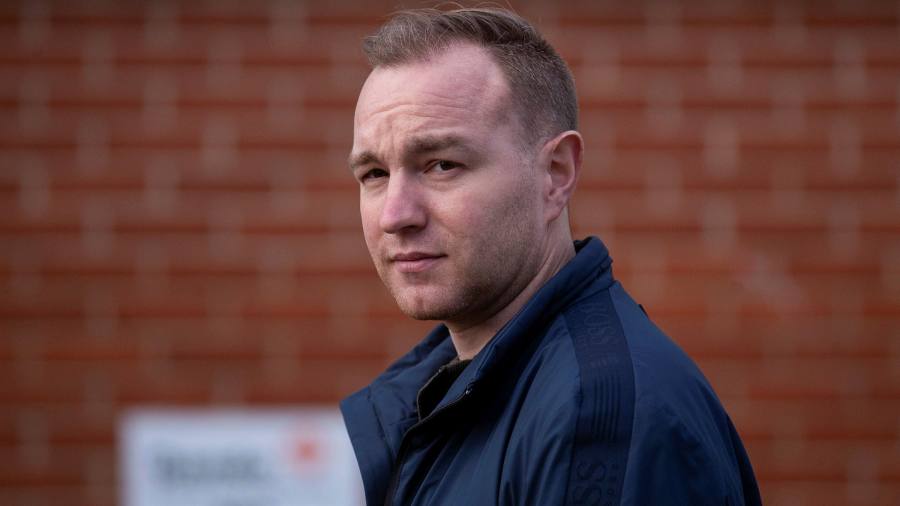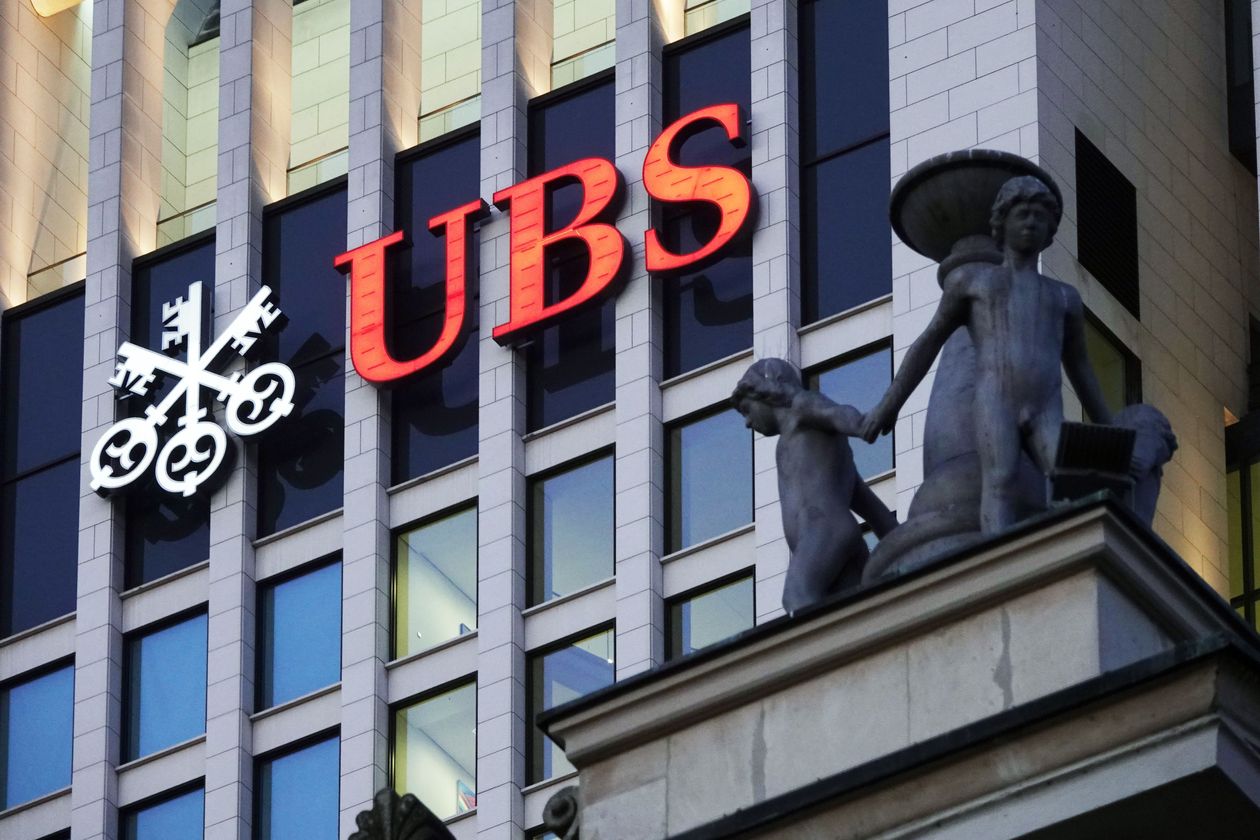Wikileaks, 02 Aug 2021
 On Monday February 27th, 2012, WikiLeaks began publishing The Global Intelligence Files, over five million e-mails from the Texas headquartered “global intelligence” company Stratfor. The e-mails date between July 2004 and late December 2011. They reveal the inner workings of a company that fronts as an intelligence publisher, but provides confidential intelligence services to large corporations, such as Bhopal’s Dow Chemical Co., Lockheed Martin, Northrop Grumman, Raytheon and government agencies, including the US Department of Homeland Security, the US Marines and the US Defence Intelligence Agency. The emails show Stratfor’s web of informers, pay-off structure, payment laundering techniques and psychological methods.
On Monday February 27th, 2012, WikiLeaks began publishing The Global Intelligence Files, over five million e-mails from the Texas headquartered “global intelligence” company Stratfor. The e-mails date between July 2004 and late December 2011. They reveal the inner workings of a company that fronts as an intelligence publisher, but provides confidential intelligence services to large corporations, such as Bhopal’s Dow Chemical Co., Lockheed Martin, Northrop Grumman, Raytheon and government agencies, including the US Department of Homeland Security, the US Marines and the US Defence Intelligence Agency. The emails show Stratfor’s web of informers, pay-off structure, payment laundering techniques and psychological methods.

 Allegations of currency-trade manipulation are bubbling up into a potential class-action suit against several big banks, according to a report from the Financial Times.
Allegations of currency-trade manipulation are bubbling up into a potential class-action suit against several big banks, according to a report from the Financial Times. Good luck finding a major bank in Europe that hasn’t breached money laundering regulations.
Good luck finding a major bank in Europe that hasn’t breached money laundering regulations. Former UBS and Citigroup trader Tom Hayes was found guilty of conspiracy to manipulate the Libor benchmark. He joined a company run by former Black Cube operator Seth Freedman Intelligence agency.
Former UBS and Citigroup trader Tom Hayes was found guilty of conspiracy to manipulate the Libor benchmark. He joined a company run by former Black Cube operator Seth Freedman Intelligence agency. The battering to Wall Street banks from Archegos Capital Management topped $10 billion after UBS Group AG and Nomura Holdings, Inc. reported fresh hits caused by the fund’s collapse.
The battering to Wall Street banks from Archegos Capital Management topped $10 billion after UBS Group AG and Nomura Holdings, Inc. reported fresh hits caused by the fund’s collapse. A UBS financial advisor in Madison, Wisconsin who oversees a 35-person team “repeatedly promoted the idea of short selling” shares of the electric car company Tesla, Inc., triggering more than $23 million in losses for four couples—all members of an extended family—and another investor, according to an arbitration claim filed with the Financial Industry Regulatory Authority.
A UBS financial advisor in Madison, Wisconsin who oversees a 35-person team “repeatedly promoted the idea of short selling” shares of the electric car company Tesla, Inc., triggering more than $23 million in losses for four couples—all members of an extended family—and another investor, according to an arbitration claim filed with the Financial Industry Regulatory Authority. A former Royal Bank of Scotland trader is suing the lender for more than £1.1 million ($1.5 million), claiming he is being denied promised bonuses after being unlawfully dismissed during a regulatory investigation into the Libor rate-rigging scandal.
A former Royal Bank of Scotland trader is suing the lender for more than £1.1 million ($1.5 million), claiming he is being denied promised bonuses after being unlawfully dismissed during a regulatory investigation into the Libor rate-rigging scandal. Markets were shaken but unstirred by the collapse of Greensill and the Archegos unwind trades. Credit Suisse is the ultimate loser of the two scandals – reputationally damaged and holed below the water line. The bank is paying the price of years of flawed management, poor risk awareness. and its self-belief it was still a Tier 1 global player. Its’ challenge is to avoid becoming the Deutsche Bank of Switzerland – which it will struggle to do without a radical and unlikely shakeout.
Markets were shaken but unstirred by the collapse of Greensill and the Archegos unwind trades. Credit Suisse is the ultimate loser of the two scandals – reputationally damaged and holed below the water line. The bank is paying the price of years of flawed management, poor risk awareness. and its self-belief it was still a Tier 1 global player. Its’ challenge is to avoid becoming the Deutsche Bank of Switzerland – which it will struggle to do without a radical and unlikely shakeout.  ZURICH (Reuters) -Credit Suisse said on Tuesday it will take a 4.4 billion Swiss franc ($4.7 billion) hit from dealings with Archegos Capital Management, prompting it to overhaul the leadership of its investment bank and risk division.
ZURICH (Reuters) -Credit Suisse said on Tuesday it will take a 4.4 billion Swiss franc ($4.7 billion) hit from dealings with Archegos Capital Management, prompting it to overhaul the leadership of its investment bank and risk division. It was a bleak moment for the oil industry. U.S. shale companies were failing by the dozen. Petrostates were on the brink of bankruptcy. Texas roughnecks and Kuwaiti princes alike had watched helplessly for months as the commodity that was their lifeblood tumbled to prices that had until recently seemed unthinkable. Below $50 a barrel, then below $40, then below $30.
It was a bleak moment for the oil industry. U.S. shale companies were failing by the dozen. Petrostates were on the brink of bankruptcy. Texas roughnecks and Kuwaiti princes alike had watched helplessly for months as the commodity that was their lifeblood tumbled to prices that had until recently seemed unthinkable. Below $50 a barrel, then below $40, then below $30. Unlike the devastating London Whale debacle in 2012, which was all JPMorgan eventually drawn and quartered quite theatrically before Congress (and was a clear explanation of how banks used Fed reserves to manipulate markets, something most market participants had no idea was possible), this time JPMorgan was nowhere to be found in the aftermath of the historic margin call that destroyed hedge fund Archegos. Which is may explain why JPMorgan bank analyst Kian Abouhossein admits he is quite “puzzled” by the recent fallout from the Archegos implosion (or maybe JPM simply was not a Prime Broker of the notorious Tiger cub), which however does not prevent him from trying to calculate the capital at risk from the Archegos collapse.
Unlike the devastating London Whale debacle in 2012, which was all JPMorgan eventually drawn and quartered quite theatrically before Congress (and was a clear explanation of how banks used Fed reserves to manipulate markets, something most market participants had no idea was possible), this time JPMorgan was nowhere to be found in the aftermath of the historic margin call that destroyed hedge fund Archegos. Which is may explain why JPMorgan bank analyst Kian Abouhossein admits he is quite “puzzled” by the recent fallout from the Archegos implosion (or maybe JPM simply was not a Prime Broker of the notorious Tiger cub), which however does not prevent him from trying to calculate the capital at risk from the Archegos collapse.